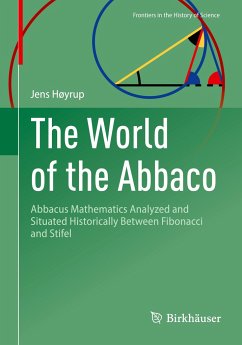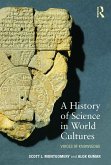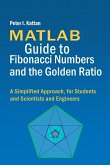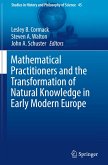The abbacus was a thorough and complete system of arithmetical calculations, which saw its dawn in the Indian and Arabic tradition of the Middle Ages, but which was developed in its fully fledged aspects especially in Italy, between Genoa, Milan, Venice and the region of Umbria. In this monograph, Høyrup explores how the abbacus tradition has developed in Europe, with a focus on Italy and Germany between the 14th and the 17th Century. With the analysis of texts from Fibonacci, Pacioli, and Stifel to name but a few, this book offers a critical historical analysis of the development and diffusion of a tradition of calculus that has deeply influenced the way in which mathematics has developed in the West. The primary purpose of the book is to present a fairly detailed portrait of the abbacus tradition as it developed historically; as will be argued, Fibonacci was much less important for the emergence of this tradition than mostly assumed - but since his importance isbroadly taken for granted, that argument needs to be made, for which reason Fibonacci's Liber Abbaci is also described and analyzed in some depth. A secondary purpose is to show how the adoption of abbacus mathematics in German lands gave rise to the creation of a different tradition. The end of the book investigates the interplay of abbacus algebra with other intellectual currents which turned the whole mathematical undertaking upside-down in the 17th Century.
Bitte wählen Sie Ihr Anliegen aus.
Rechnungen
Retourenschein anfordern
Bestellstatus
Storno








